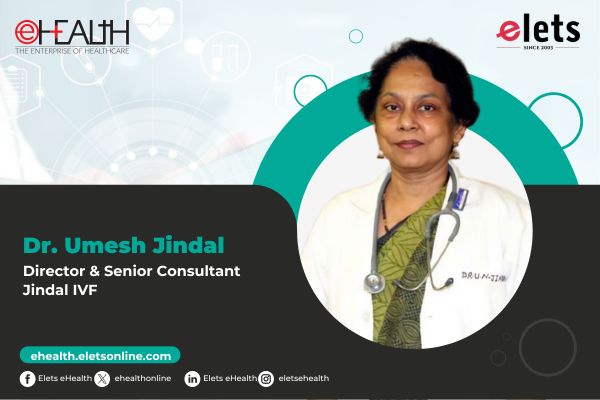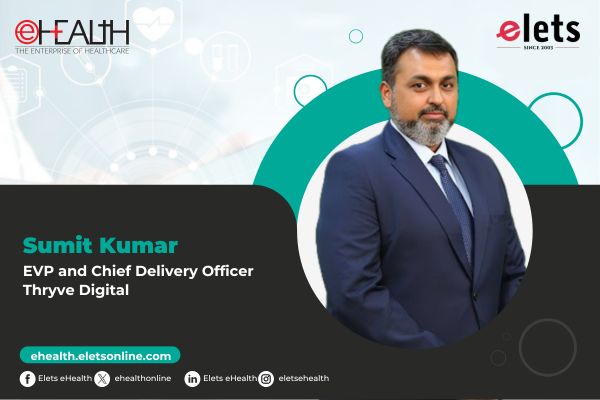
The pandemic has swamped healthcare systems worldwide and there are low expectations of getting any respite this year. In the last five months, the battle against COVID-19 prompted nation-wide lockdowns, isolation, home based treatments and has highlighted the importance of wearing face masks and maintaining good personal hygiene. However, as per a study, those who have socially isolated themselves are 40 percent more prone to cardiovascular events such as a heart attack or stroke than those who are socially engaged.
Similar to the role of factors like having a heathy level of blood pressure, cholesterol, blood sugar and a normal weight, strong social relationships are crucial for a healthy heart. As we are aware, prior silent heart attacks are a leading cause of many sudden cardiac arrest cases.

Therefore, if during lockdown you experience symptoms like shortage of breath, loss of consciousness, chest discomfort, weakness, and palpitations, do not take them lightly and consult a doctor at the earliest. If case of emergency, dial 102 to call an ambulance at the earliest and on other occasions stay connected with your doctor through telemedicine. Telemedicine refers to the practice where patients can connect remotely with doctors through a video or an audio call to get timely treatment.

As people have confined themselves to their homes, it is imperative for them to read about their heart condition, the potential repercussions it could have and keep abreast of latest technologies available to manage their cardiac problems. Now, let us understand what sudden cardiac arrest means and how is technology aiding its treatment during COVID-19.

Also read: Importance of Keeping Heart Healthy – Especially for Youngsters

What is sudden cardiac arrest?
A sudden cardiac arrest occurs when there is an electrical disturbance in the heart that causes disruptions in pumping blood and stops blood flow to the brain and other critical organs of the body. The heart pump function stops, and patient loses consciousness. The rate and rhythm of the heartbeat are controlled by the heart’s electrical system. Irregularities in this system are often harmless, however, some irregularities may lead to sudden cardiac arrest and sudden death.
Dr Ashish Chauhan senior Consultant Interventional Cardiology Sarvodaya Hospital Faridabad says, ’Immediate CPR is imperative on the onset of sudden cardiac arrest as until medical attention is not available, by maintaining a continuous flow of oxygen rich blood to the body’s organs, CPR provides a crucial link. If you notice someone around you with sudden cardiac arrest, begin pushing hard and fast on the person’s chest at a rate of 100 to 120 compressions a minute. Ensure that you allow the chest to fully rise between compressions. Do this until professional cardiac care is available, who will administer a shock externally to correct the rhythm of the heartbeat.
Subsequently, an implantable Cardio version defibrillator (ICD) can be implanted in these people or in those with ejection fraction less than 35 %, to administer this shock internally to correct the rhythm and save life
Such technologies detect and stop abnormal heartbeats. It monitors the heart rhythms and delivers electrical pulses or shocks to restore a normal heart rhythm whenever required, even when a person is at home
‘Dr Niti Chadha Negi, Senior Consultant Cardiologist and Electro physiologist at Metro Heart Hospital, Faridabad says that basic training of CPR is imperative for each of us to save lives of our near and dear ones in the event of a cardiac arrest, especially till the time expert medical care is available and the patient shifted to the hospital. Very often these cardiac arrests happen in patients with weak heart pump function. Once the patient is resuscitated out of the cardiac arrest situation, and all reversible causes corrected, assessment of his/her cardiac pump function is done with the help of echocardiogram. Patients found to have a weak heart pump, are at high risk of a similar repeat event and are advised for an automatic defibrillator implantation (AICD). AICD is a small electronic monitor with capabilities to monitor heartbeat and revert a life-threatening heartbeat disturbance to normal rhythm with short electric therapies. AICD are life-saving devices and prevent sudden death. These devices are implanted under the skin below the collar bone through a small surgical procedure.
Since the implant procedure is done under local anaesthesia, anaesthetic complications in these sick patients are not seen. The current generation AICDs have long battery life and last 10 years or more. Recently MRI compatible AICDs are also available and hence, MRIs are no more contraindicated in patients implanted with MRI- compatible AICDs. Medicines are continued for these patients to further stabilise the heartbeat disturbances. At this point it is important to understand that AICD helps prevent sudden death which can happen with ongoing heartbeat disturbance while medicines help prevent heartbeat disturbance from happening in weak hearts. Both medicine and AICD have an important role to play. One cannot replace the role of the other. Together they save lives and improve quality of life of such patients.
If you experience any symptom mentioned above, do not fret. Visit your doctor at the earliest and get information about the latest technologies available to manage your condition better.
Therefore, in the pursuit of spreading awareness regarding the importance of urgent procedures, we explore the placement of the article featuring
(Disclaimer: The authors are Dr Ashish Chauhan senior Consultant Interventional Cardiology Sarvodaya Hospital Faridabad and Dr Niti Chadha Negi, Senior Consultant Cardiologist and Electrophysiologist at Metro Heart Hospital respectively.)
Be a part of Elets Collaborative Initiatives. Join Us for Upcoming Events and explore business opportunities. Like us on Facebook , connect with us on LinkedIn and follow us on Twitter , Instagram.
"Exciting news! Elets technomedia is now on WhatsApp Channels Subscribe today by clicking the link and stay updated with the latest insights!" Click here!
















